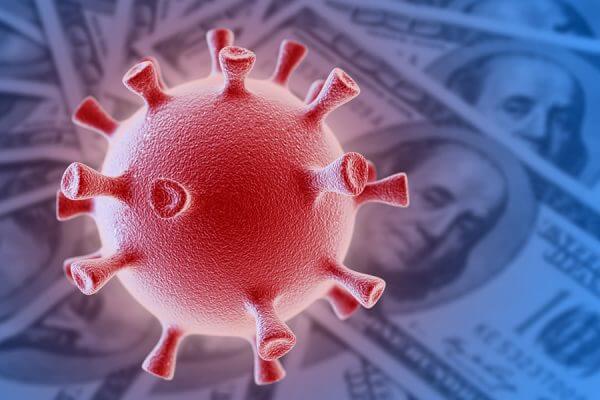
Tips for Avoiding Coronavirus Scams
The COVID-19 scams keep spreading. With fraudsters deploying malicious emails, phone calls, and text messages looking to take advantage of the global crisis, it’s important to stay vigilant and learn the ways to avoid compromising your personal information and finances. The latest wave of coronavirus scams has seen bad actors pretending to be COVID contact tracers or even law enforcement representatives citing non-compliance for physical distancing or face covering.
Remember these top tips from the Federal Trade Commission to avoid coronavirus scams and you’ll be prepared to keep your information safe:
- Learn how to tell the difference between a real contact tracer and a scammer. Legitimate tracers need health information, not money or personal financial information.
- Don’t respond to texts, emails or calls about checks from the government. Here’s what you need to know.
- Ignore offers for vaccinations and home test kits. Scammers are selling products to treat or prevent COVID-19 without proof that they work.
- Be wary of ads for test kits. Most test kits being advertised have not been approved by the FDA, and aren’t necessarily accurate.
- Hang up on robocalls. Scammers are using illegal robocalls to pitch everything from low-priced health insurance to work-at-home schemes
- Watch for emails claiming to be from the CDC or WHO. Use sites like coronavirus.gov and usa.gov/coronavirus to get the latest information. And don’t click on links from sources you don’t know.
- Do your homework when it comes to donations. Never donate in cash, by gift card, or by wiring money
Scammers aren’t slowing down and neither can you. Find even more resources for avoiding coronavirus scams from the FTC here.

